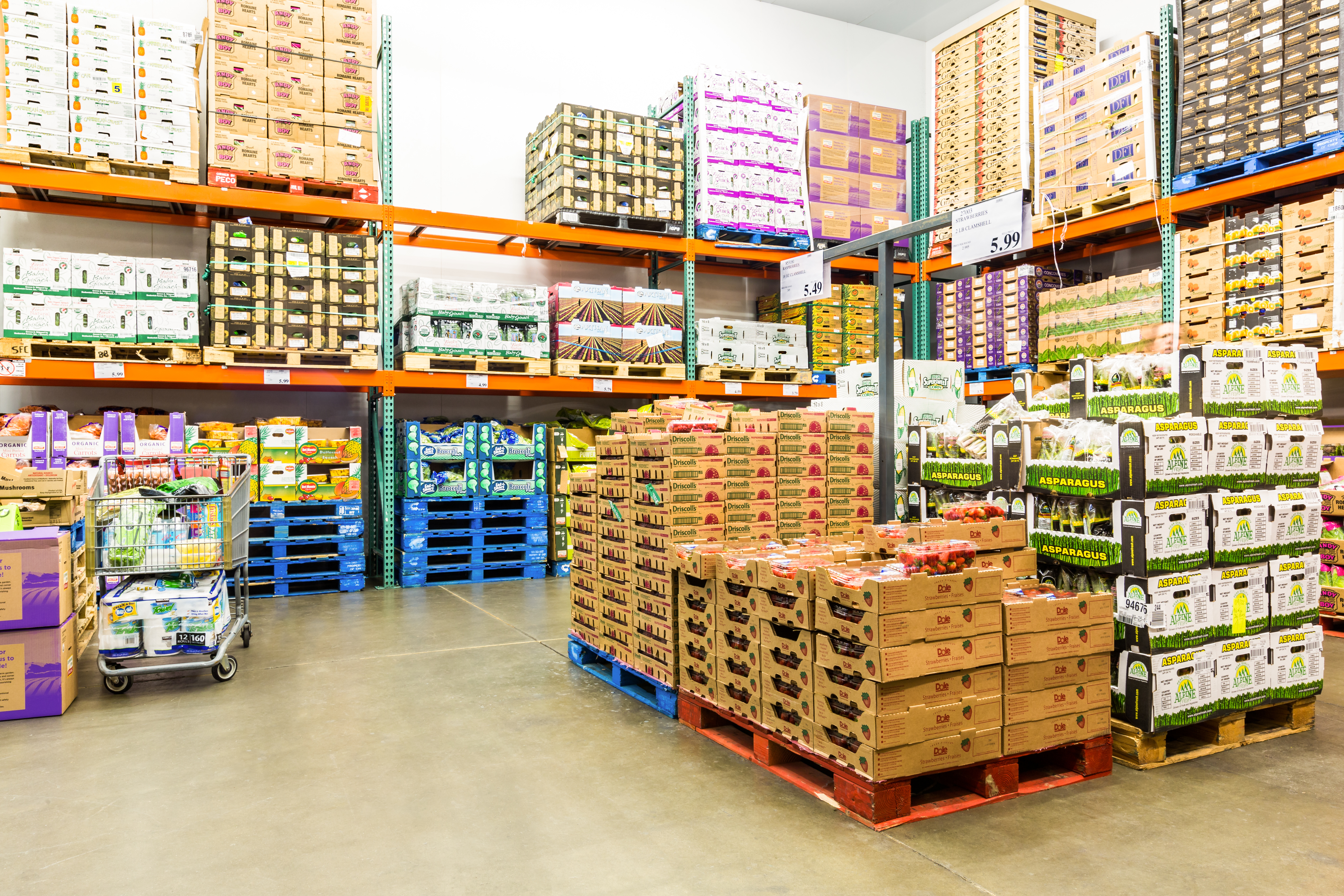



Chinese authorities report positive COVID-19 tests for chicken imported from Brazil
A Chinese government notice says that a sample of frozen chicken wings imported into Shenzhen from Brazil has tested positive for COVID-19.Reuters reports that Chinese disease control centres tested a surface sample of the chicken wings as part of a routine screening carried out on meat and seafood imports. The screenings began in June after a new COVID-19 outbreak was linked to Beijing’s Xinfadi wholesale market.
Shenzhen's health authorities traced and tested everyone who might have come into contact with potentially contaminated food products, and also tested food products stored near the infected batch. All the results were negative, the notice said.

The Brazilian embassy in Beijing did not immediately respond to a request for comment.
"It is hard to say at which stage the frozen chicken got infected," said a China-based official at a Brazilian meat exporter.
The Shenzhen Epidemic Prevention and Control Headquarters said the public needed to remain cautious when it comes to imported meat and seafood and must take precautions in order to reduce infection risks.
China reported on Wednesday 12 August that coronavirus had been found on the packaging of shrimps imported from Ecuador, and several other cities have reported cases of contaminated seafood.
In addition to screening all meat and seafood containers coming into major ports in recent months, China has suspended some meat imports from various origins, including Brazil, since mid-June.
The first cluster of COVID-19 cases was also linked to the Huanan seafood market in the city of Wuhan. Initial studies suggested the virus originated in animal products on sale at the market.
Experts say that while the SARS-CoV-2 virus is capable of infiltrating food or food packaging materials, it cannot reproduce and cannot survive at room temperature for long.
However, Li Fengqin, who heads a microbiology lab at the China National Center for Food Safety Risk Assessment told reporters in June that contaminated food put in cold storage could be a potential source of transmission.
Viruses can survive up to two years at temperatures of minus 20 degrees Celsius, but scientists say there is no strong evidence so far the coronavirus that causes COVID-19 can spread via frozen food.









